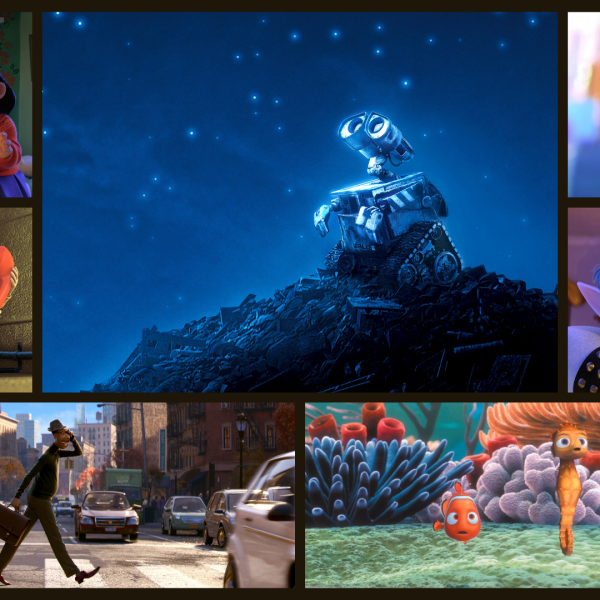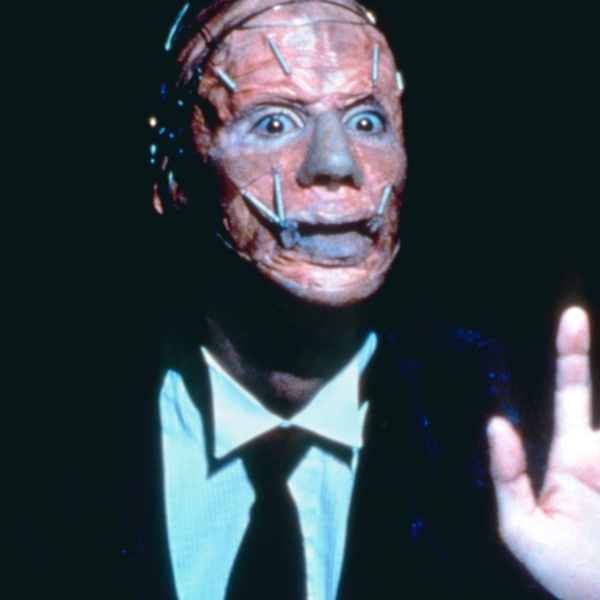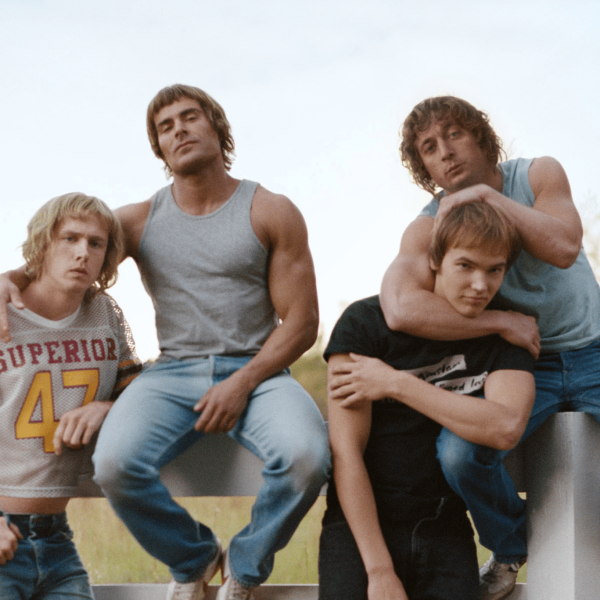
Damned if you do, damned if you don’t: it’s probably a matter of time before every movie is remade, and as such, it was likely the appropriate moment for “Straw Dogs.” There’s no rhyme or reason to any of these remakes other than, “We have a catalog title, let’s just make sure it doesn’t go to waste rotting in our vaults.” Ideally, each remake has its own deviation, a separate reason for existing. To Rod Lurie, who clearly has affection for the original movie, the task was simple: how to honor the spirit of the original film but make it an intellectually crippling affair, an ugly, irredeemable black hole of stupid contrivances, inconsistent characterizations, and melodramatic bullshit?
But it’s not fair to compare Lurie’s effort to the Sam Peckinpah original, as it should stand on its own. Therefore, we’re stuck not being able to address the obvious mistake of casting James Marsden in the role made famous by Dustin Hoffman. Despite being given a floppy, asymmetrical haircut, Mardsen is broad shouldered, handsome, and with impeccable cheek bones, not exactly wallflower-looking. But, for the sake of this film, he is David, a bullied, meek, ineffectual Hollywood screenwriter with an irritating intellectual vanity. He shies away from conflict, his defense mechanism consists of pithy comebacks, and he wears white shoes with no shoelaces. When he and his wife Amy enter the deep south in his vintage convertible, he’s immediately overmatched.

The couple have ventured to the countryside to preserve her farm, destroyed by a storm. Still aware of her roots, Amy has since gone on to stardom on a television show at least partially written by David, so the two of them arriving in this small town is the equivalent to a Hollywood circus. As soon as David enters the town’s lone bar, lit up like a Hollywood set and with brand new chairs and tables, he’s bombarded with images of Amy in the arms of the towering Charlie (Alexander Skarsgard), her ex-boyfriend.
It’s a big job getting the farm back together but fortunately for Amy, she’s got Charlie to help work on the dilapidated property thanks to a FEMA grant. Unfortunately, Charlie and his crew are shady, wisecracking types, who openly lust after the scantily-clad Amy. Lurie wants to have his cake and eat it too, so while David comes to talk with the rational-but-lusty Charlie, he feels the sideways glances of the group of guys. Guys who, moments ago, were in town talking to their pregnant wives and attending church. The bad guys aren’t bad until it’s their turn to be bad.
David uses the downtime to write his script, though with the chalkboards, copious notes and miniatures present, it just seems like he’s ready to embark on some sort of roleplaying game. Meanwhile, Charlie and his crew sweat in the heat, leaving Amy as lone prey, jogging barefoot in barely-there clothing that clings to her frame. This is an issue worth discussing, the nature of provocation. Amy wears fairly revealing outfits and then reports to her husband that “they were practically licking my body,” but when her husband drops some specifically victim-blaming diatribe about low-cut tops, she gets frustrated and exposes herself completely nude to the crew. At least Peckinpah didn’t pretend he understood women.
It’s not hard to see where any of this is going, as Lurie also adds the subplot present in Peckinpah’s version (and in the book both movies are based on) and tweaks and expands on it. Jeremy Niles is the towering local invalid, a mentally handicapped man with gentle intentions but a forceful touch, and as soon as you gaze at this hulk, you know something will die in his massive hands before the end of the film. Turns out, he has a thing for a fifteen year old cheerleader (played by Willa Holland) and, wouldn’t you know it, the feeling is mutual. Hilariously, the cheerleader talks like a forty year old man on “To Catch A Predator,” luring Jeremy to private spots frequently, much to the chagrin of his brother Daniel (an underused Walton Goggins) and her father (James Woods, unchained). Jeremy is played by Dominic Purcell of “Prison Break.” It almost feels like typecasting.
Despite it’s melodramatic love triangle (Skarsgard, to his credit, talks to everyone as if he’s three seconds away from tearing off their pants), “Straw Dogs” mostly retains interest until the sequence where Charlie gets Amy alone. It’s an ugly scene, somehow made palatable by Skarsgard’s gentle whispers and his shirt flying off like a GQ model, an upsetting choice that, combined with the lack of nudity, actually suggests a compromised moment from the very beginning. Through their body language, Amy and Charlie convey a past history, but Lurie, a director who couldn’t find a striking tableau he could cut away from quick enough, is more interested in the chasteness of this specific rape. It’s an ugly violation, and fascinating to watch as it’s more psychologically upsetting than the raw violence of the first film. And then Lurie gracelessly adds another participant, who brutalizes Amy in an abstractly-edited attack that may as well have involved her being tickled to death (seriously, this scene is so incoherent it might as well have been edited by these guys). Kudos to a major motion picture at least trying to address the ugliness of rape in 2011 mainstream America. Too bad Rod Lurie had to be the guy.
The very familiar ending siege brings together both the class tensions between David and Charlie (David’s main problems being that he’s culturally ignorant and a terrible, terrible driver) as well as the issues between Jeremy and the cheerleader’s drunken father. Did Lenny kill the rabbits? Doesn’t matter, says David, who suddenly SWEARS ON HIS LIFE that this man must survive. It solidifies “Straw Dogs” as trash akin to the more pallid home invasion films in the wake of “Straw Dogs,” exploitative and dumb to an alarming degree. The bear trap from the original also makes an appearance. If the bear trap were an actor, the original would be its “First Blood” and the new film would be it’s “Rambo.”
“Straw Dogs” gets off on the wrong foot by never once seeming real. Shot on location in Louisiana, the interiors feel like elaborate Hollywood sets, and the supporting players all from central casting. As a main antagonist, Charlie seems entirely reasonable (his controlled rage at David upon storming out of a church service is a moment in which his aggression feels justified), until weapons and bloodshed are present, and his crew essentially play follow the leader. And, in case you were wondering, yes, there is a moment where the cheerleader’s father, the town drunk, is given a gun and becomes a bizarre defacto leader. Not even the sheriff thinks to disarm him, despite not being anywhere close to sane. It all makes sense: how would you recreate the alchemy of something like “Straw Dogs” without merely just stacking up contrivances? [D-]


